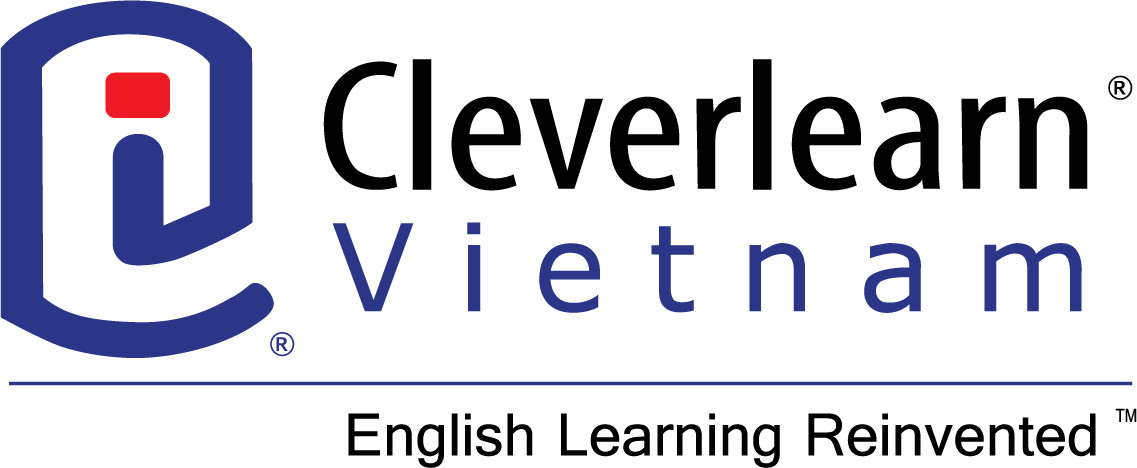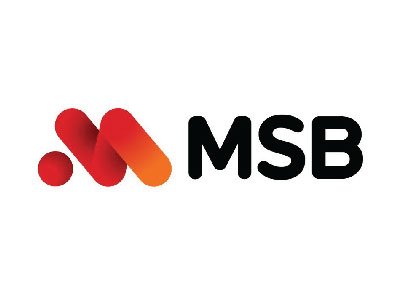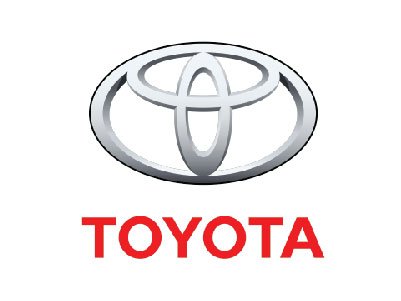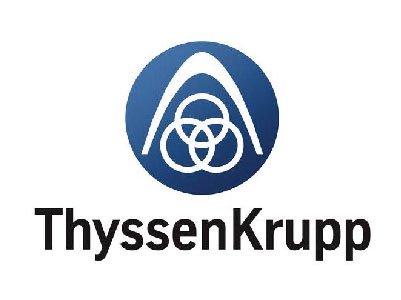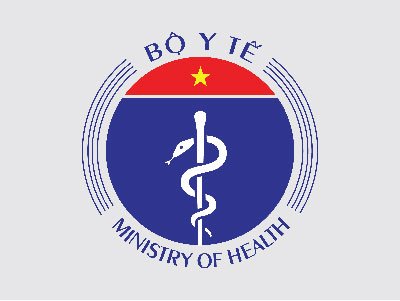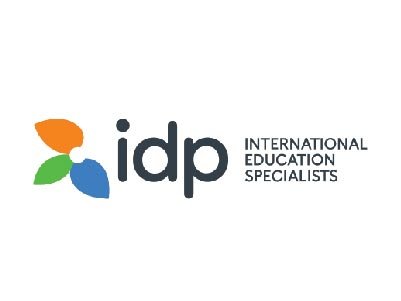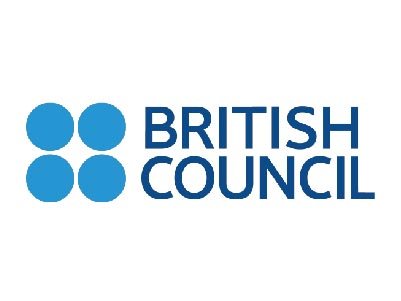Khám Phá Bản Thân qua bài Test về mức độ học Tiếng Anh

Một bài test nho nhỏ giúp bạn tìm hiểu chính bản thân mình. Hãy trả lời những câu hỏi này và bạn sẽ biết được: Bạn đang ở mức độ nào; Bạn thuộc tuýp học Nhanh hay Chậm; Bạn cần phải làm gì để cải thiện kỹ năng Tiếng Anh của mình… . Lưu ý là nó không hoàn toàn chính xác 100% đâu nhé!
Bạn hãy viết câu trả lời cho những câu hỏi dưới đây ra giấy sau đó check điểm của mình ở phần “HOW TO CALCULATE YOUR SCORE” nhé.
Which country do you come from ?
What is your mother tongue ?
How old are you ?
Why do you want to learn English ?
Have you learned other languages before ?
Have you studied English before ?
If you have studied English, then how long?
What level did you study at ?
Have you ever been in an English speaking country ?
If you have lived in an English speaking country, how long was it for?
How fast do you want to learn ?
How do you like to learn ?
Do you like to do a lot of written work ?
HOW TO CALCULATE YOUR SCORE
For each question, note the number on the left hand side and give yourself a score form 1 to 5 from the following (Điểm số tính theo số từ 1-5 ghi bên dưới)
——————————————————————————–
The following are statements which are assumed to be true IN GENERAL and which give a good indication of learning speed when considered together. However, everyone is an individual and everyone is different.
——————————————————————————–
A. Which country do you come from ?
Students from some countries learn English more slowly – cultural differences and language differences play a large part in this.
- Countries with a very different language & culture e.g. Korea, Brazil, African countries, Arab countries.
- Countries with a very different language but an international culture e.g. Japan, Finland
- European countries where English is little used e.g. France, Spain, Italy
- European countries where English is important e.g. Switzerland, Germany
- Western European countries where English is widely spoken e.g. Norway, Sweden, Denmark, Holland
B. What is your mother tongue ?
Students whose mother tongue has a non-roman alphabet are often slower learners at first. Mistakes based on your first language are greater where the language is very different e.g. Japanese or Korean, or where it is very similar but differences are culturally important e.g. Spanish & Portuguese.
- Languages or dialects which you do not normally write down
- Languages with a non-roman way of writing e.g. Korean, Arabic, Thai, Japanese
- Non-European languages with a roman alphabet
- Romance languages e.g. French, Spanish, Italian
- Languages from the Germanic family e.g. German, Norwegian, Dutch, Danish
C. How old are you ?
IN GENERAL, older students learn more slowly and younger students faster.
- 50+
- 40-50
- 30-40
- 20-30
- under 20
D. Why do you want to learn English ?
Your reason for learning will affect how fast you will learn.
- ‘My parents want me to’.
- ‘To go on holiday to an English speaking country’ OR ‘To write to a penpal’.
- ‘It’s my hobby’ OR ‘I need it for my job’.
- ‘To pass an exam’ OR ‘My employer wants me to learn English’.
- ‘My husband/wife/girlfriend/boyfriend speaks English’.
E. Have you learned other languages before ?
People with a history of learning languages learn faster than those without.
- No.
- I studied a language at school.
- I have already learned one language as an adult.
- I have already learned two or more languages as an adult. OR I am fluent in at least one foreign language.
- I am fluent in two or more languages.
F. Have you studied English before ? How long ? What level did you study at ?
Students who have studied more tend to learn faster as they start to remember what they learned before.
- No.
- I have only studied on my own.
- I recently studied English at school in my country.
- I took a full-time course in English recently.
- I passed an English exam recently.
G. Have you ever been in an English-speaking country ? How long ?
Students who have been in an English-speaking country longer have become accustomed to hearing English and will learn faster.
- Never.
- One or two weeks.
- A month at least.
- A few months.
- More than 6 months.
H. How fast do you want to learn ?
People may prefer to learn fast, others to learn slowly. Some people have more confidence.
- Very slowly.
- Slower than average.
- Average speed.
- Faster than average.
- Fast.
I. How do you like to learn ?
Students with a background of ‘academic’ study will learn faster.
- I want to learn grammar and vocabulary on my own.
- I want to have a teacher to tell me what to do.
- I want to learn in a class with other students.
- I learn by talking to my friends.
- I learn by talking with people who speak English well.
J. Do you like to do a lot of written work ?
- None.
- A little.
- Some.
- Quite a lot.
- A lot.
FINAL SCORES
If you have scored over 35 you are very likely to learn fast and you are probably not a Beginner. You probably enjoy learning and will be successful quickly.
If you have scored between 20 and 35 you are very likely be an average learner – you will need to work hard but within a few months you will have learned a lot.
If you have scored between 10 and 20 you will find it much harder to learn – it may take you a long time to learn – up to a year. Be patient and keep practising!
Trên đây chỉ là một bài test tham khảo mà thôi. Đừng quá chú ý đến kết quả mà hãy luôn cố gắng vì mục tiêu quan trọng nhất. Chúc bạn thành công!
{Sưu tầm}
